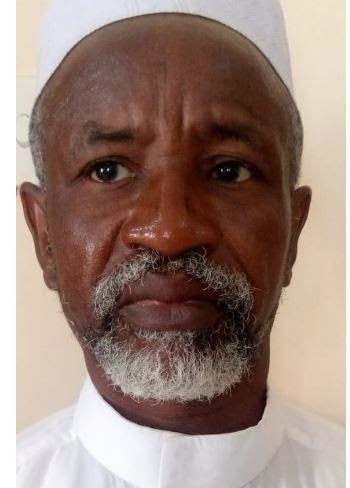Abstract
This study is an interdisciplinary exploration of the synergy of historiography and literature in decoloniality, as an elixir for epistemological re-orientation in Nigeria. The precision for interconnectedness hinged on decoloniality of Eurocentric erroneous impressions exemplified in varied historical epistemologies by some scholars like; Trevor Ropers, Lord Milverton, and A.P Thornton, among others. The colonialist portends that, Nigeria has no history, nor civilisation of their own, and what abound is the history of colonial existence and enterprise in Africa. For instance, David Hume asserted that, while the pageant of history swept by, Africans still remained stagnant, barbaric, and are far millions of kilometres away behind civilisation; and that anything remarkably done in Africa, it is neither the Hamitic nor the Semitic. Between 1948 and 1962, the emergence of Universities in Nigeria births the proactiveness of historiographers and intellectuals like; Kenneth O. Dike, Saburi Biobaku, Bala Usman, Mahdi Adamu and others to offer resilience for epistemological re-orientation. Similarly, novelists, poets, and playwrights in reconstruction of holistic historiography of Nigeria’s past used literature; from Chinua Achebe’s ‘Things Fall Apart’ to Wole Soyinka’s ‘Death and the King’s Horseman’. Significantly, the fusion of historiography and literature amplified marginalized voices, challenged oppressive systems, and advocated for positive change through epistemological re-orientation. Again, it equally spawned a transformative elixir for repositioning of public consciousness, foster empathy, and ignites advocacy movements. Methodologically, the study adopted the synthesis of provenance of historical cum literature studies in data elicitation, and employed qualitative historical and context analysis and interpretations.
Keywords: Historiography, Literature, Decoloniality, Epistemology, Nigeria
DOI: 10.36349/zamijoh.2025.v04i01.001
author/Aminu, T. & Ogbu, J.
journal/Zamfara IJOH Vol. 4, Issue 1





